For generations, the model of “See one, do one, train one” has been a hallmark in health care training. But simulation training is changing that. The new model is “See one, simulate, simulate, simulate, do one, then train one.”
This is a training plan that gives health professions trainees (HPTs) needed experience and expertise before they care for a patient.
Over the past decade, the use of clinical simulation training has expanded rapidly, to the point that nearly any clinical scenario can be created and taught in a simulation lab. Orlando VA embraces simulation in the training of hundreds of current and future health care professionals in their robust simulation labs.
Transitioning from the pure academic learning environment to hands-on practice has been a challenging step for HPTs for many years, explained Dr. Michelle Petrovic, simulation director for Orlando VA. Using simulation to make the transition to direct patient care is essential to being a High Reliability Organization and is directly linked to patient safety.
Improving technical and communication skills
“We want our clinicians and trainees to be able to train in a safe environment where mistakes can be made and learned from,” said Petrovic, who also explained that most health care mistakes result from miscommunication among the health care team. One significant advantage of training in a simulation lab is that the entire health care team can train simultaneously, in the same scenario, improving both technical and communication skills.
For HPTs, simulation develops skills that are not taught in the academic setting.
“Having the opportunity for interprofessional teams like ours to train in a simulation lab is critical to developing non-technical skills like communication, leadership, interpersonal relationships and situational awareness,” said Dr. Jorge Carrillo, second-year surgical resident at Orlando VA. “It helps us shape and mold future health care professionals and ultimately to help us provide better care for our patients.”
Simulation training embraced by health care facilities across VA and the nation
Recognizing the critical role simulation has in training and creating better health care professionals, VA constructed SimLEARN, its National Simulation Center on Orlando VA campus. SimLEARN hosts health care professionals and HPTs from across the nation to train as a team in a simulated hospital.
“The intent of the National SimLEARN Center is not to train every health care trainee and professional,” said Dr. Scott Wiltz, SimLEARN’s medical director. “We are operating under the Train-the-Trainer model. Our goal is to train professionals who can return to their medical center and build their simulation training program.”
Another benefit of National SimLEARN is that it can serve as the trial location for new procedures, processes and programs before they are implemented in an active health care setting where patient safety is paramount.
“We have the facility and ability to test new processes and programs here and refine them, making the processes and programs ready for patient care,” said Wiltz. “We can work out the bugs and find the gaps before a patient is involved.”
Find out more about VA’s academic mission by watching this video and visiting the Office of Academic Affiliations website.
Topics in this story
More Stories
If you’ve lost a loved one to suicide, resources and support are available to help you cope during your grieving and healing.
Army Veteran Denis Velez donated a painting of his VA hospital as a way of giving back for his treatment there.
Ron Anderson's story of being caregiver for his father in his final years is a journey of love and duty.

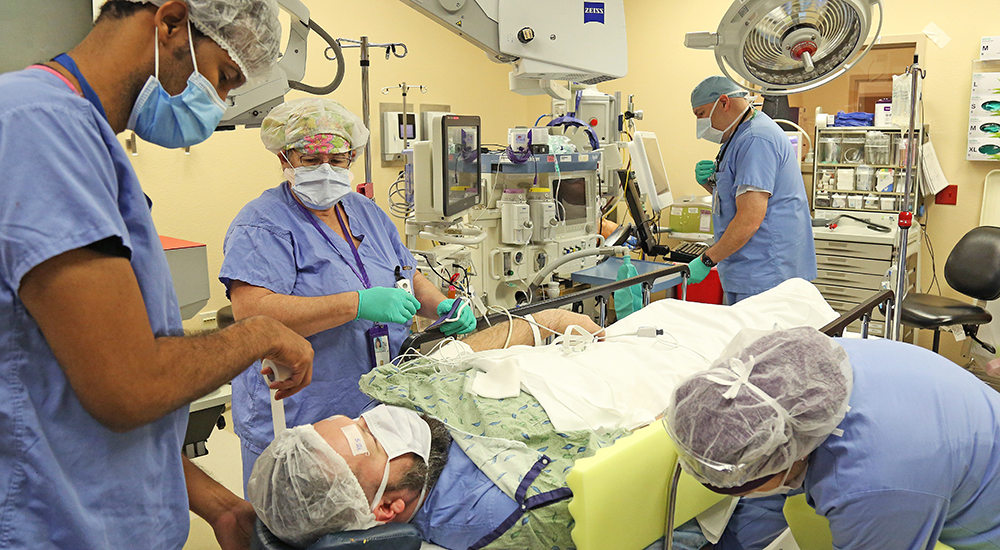
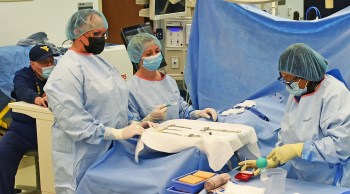
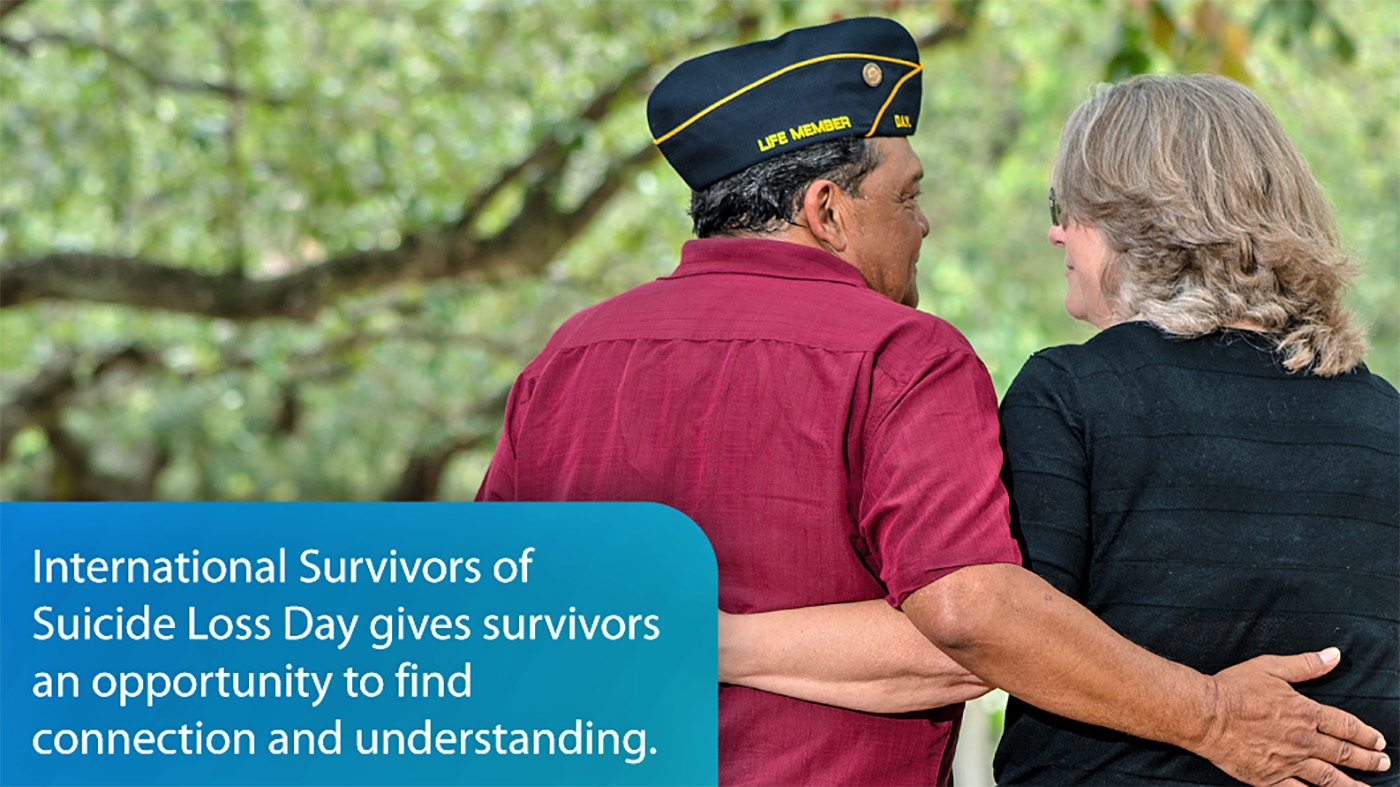
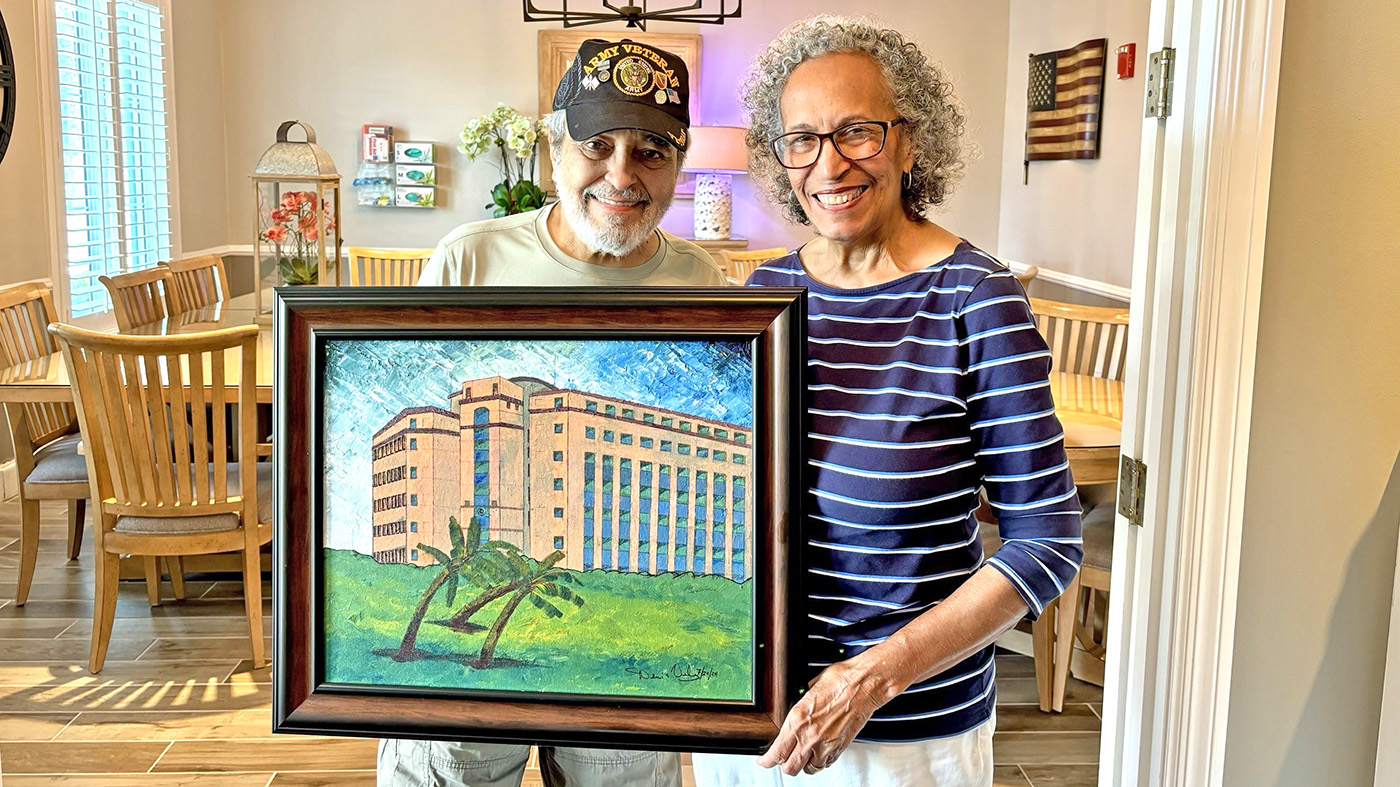
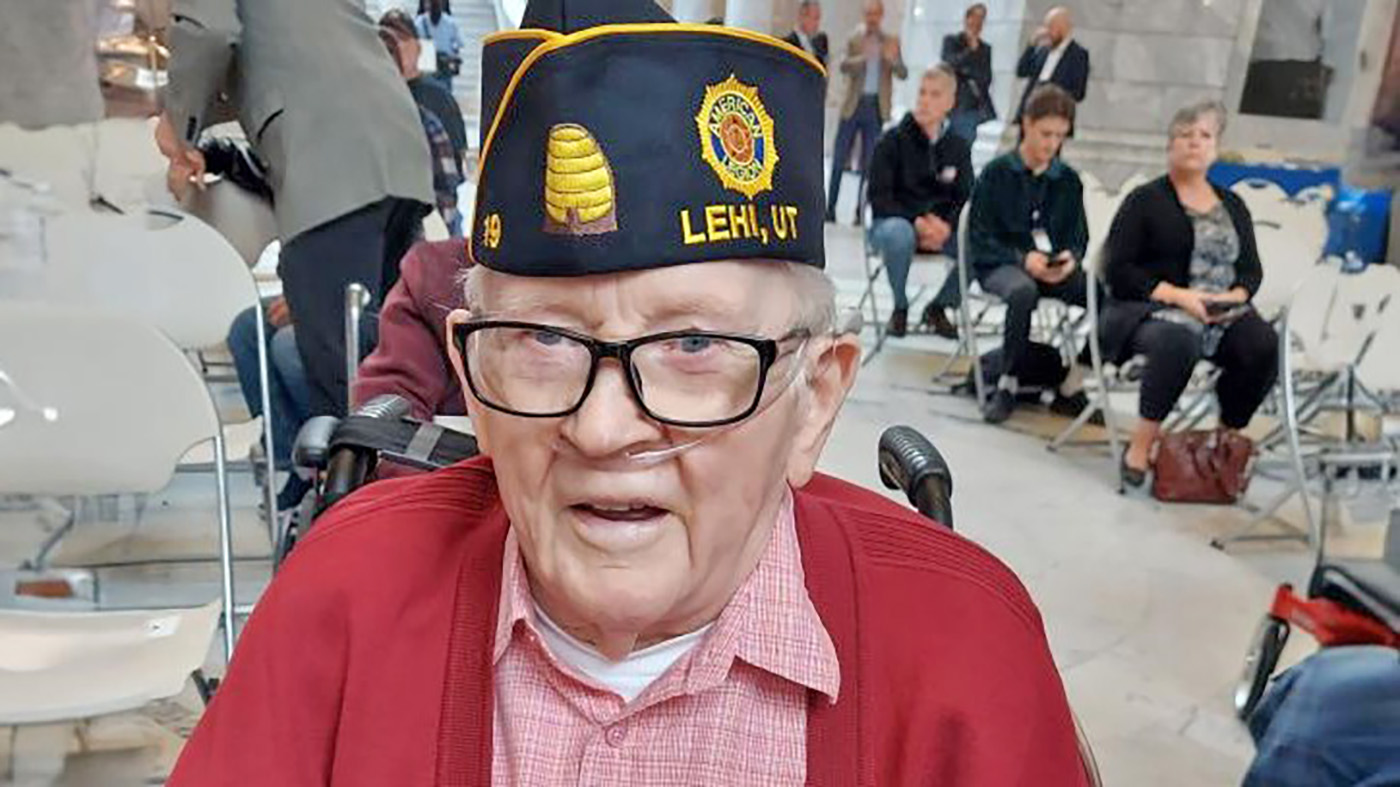


Better than doing operations like TURP and having them mes you up like they did to me at Jesse Brown Medical center. The specialist that lives in my condo here says unless they did 100 TURPS he would not let them touch him with a 10-foot pole.. Do to their inexperience, I have to suffer with urinary problems for the rest of my life..
View a short accompanying video here: https://youtu.be/b8jdKdvltQo